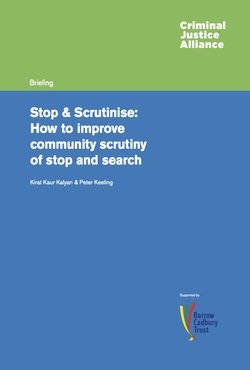Rand Corp.
In recent years, a number of serious conflicts between police officers and members of the communities they serve have raised the importance of effective community-police relations in the United States. Building on its policing and community-based participatory research portfolio, RAND designed a community-based dialogue to address this problem. The dialogue is designed to start a conversation about these issues among community stakeholders, including police, government agencies, social service providers, resident representatives, and other concerned organizations. RAND has also designed a youth-focused dialogue to address specific scenarios most relevant to youth-police interactions.



